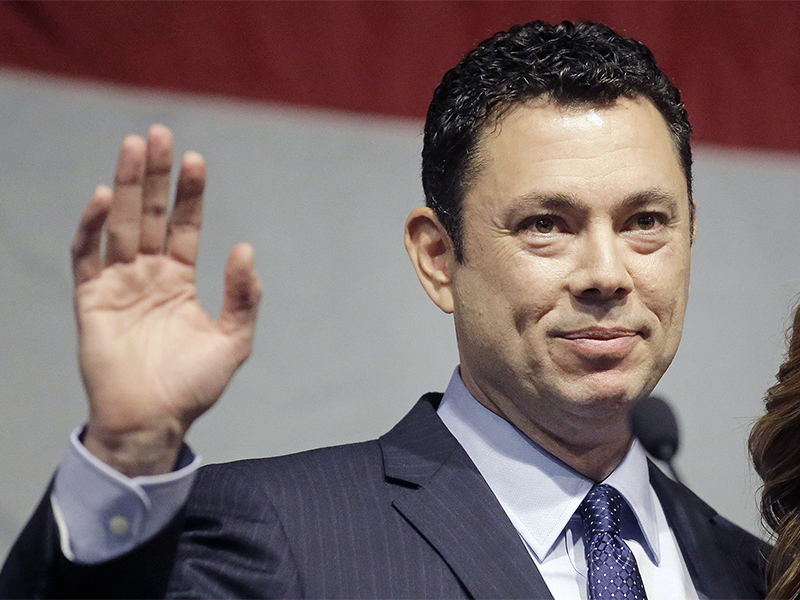
(RNS) — Ever since the massacre at a Parkland, Fla., high school two weeks ago, America has experienced moments of real nobility:
- The kids who have become energized by this horror, and who have jumped into political and moral activism. They inspire me. I want them to succeed. I will do whatever I can to help them succeed.
- The religious leaders who have made both comfort and challenge their mission. I refer, in particular, to my colleagues, Rabbis Brad Boxman and Melissa Zalkin Stollman of Congregation Kol Tikvah in Parkland, and Rabbi Marci Bloch of Temple Beth Orr in Coral Springs, whose congregations were seriously affected by this tragedy.
- The companies that are putting morality over profit — by putting self-imposed limits on the weaponry that they will sell, and to whom. The list seems to grow with each passing day: Dick’s Sporting Goods, Walmart, Kroger, L.L. Bean. Their actions actually embody a conservative ideal — private enterprise doing what government can’t or won’t do.
But, as well, there has been more than a share of absolute …. (I’m not going to say it):
- The right-wingers who are accusing Parkland kids of being “crisis actors.”
- The National Rifle Association’s Wayne LaPierre dropping anti-Semitic dog whistles, by talking about the “social engineering” of Michael Bloomberg and George Soros.
- LaPierre, suggesting that gun ownership is a God-given right. (You wanna find that in the Bible for me, Sparky?)
- The churches that are now using AR-15s in their rituals. (Idolatry much?)
But few acts have reached this level of disgusting: Let’s talk about former Utah Republican congressman, Jason Chaffetz.
Chaffetz had an “A” rating from the National Rifle Association, and the endorsement of its associated political action committee in his last election.
Chaffetz also aspired to win the “Most Comforting Former Congressman” award. He told Fox News that he knows exactly what the survivors of the Parkland, Fla., school shooting need.
That would be “a belief in God, in Jesus Christ.”
You do know, of course, that Parkland is heavily Jewish, and that many of the victims and their classmates are Jewish.
But, here’s what you need to know about Chaffetz.
Chaffetz, you’re thinking … boy, that name sounds ….
Yup. Chaffetz’s father was Jewish. The elder Chaffetz’s first wife was Kitty Dukakis, who later married Gov. Michael Dukakis. Chaffetz’s mother had been a Christian Scientist, but became a Mormon. In college, Chaffetz himself became a Mormon.
Chaffetz has a Jewish background, at least on his father’s side, which makes his self-righteous insensitivity to mourning parents particularly galling.
Chaffetz’s screed reminds us that throughout Jewish history, some of the Jews’ worst enemies have come from the ranks of apostates. That rogues’ gallery includes:
- Nicholas Donin, a converted Jew of 13th-century Paris, who led the attacks on the Talmud, accusing it of being a repository of “blasphemy” against the Christian faith. Those accusations ultimately led to the Catholic Church’s burning of the Talmud.
- Johannes (Josef) Pfefferkorn, a converted Jew in Germany in the early 1500s, a German Catholic theologian and writer. Pfefferkorn actively preached against the Jews and attempted to destroy copies of the Talmud.
- Tomás de Torquemada, a Castilian Dominican friar, and the first Grand Inquisitor in Spain. Also, a converted Jew.
In other places, I have written about my great respect for the Church of Jesus Christ of Latter-day Saints. I had admired their religious commitment.
But, increasingly, I am developing a deep suspicion about their relationship to the Jewish people — especially their obnoxious insistence on converting dead Jews to the Mormon church.
One can only wonder, and shudder: Will that be their next move? Will we wake up one day to an announcement that the LDS church has added the Jewish victims of Parkland to their list of posthumous Mormons?
We can only hope that this won’t happen.
Likewise, I would only have hoped that Jason Chaffetz might have learned — somehow, through ancestral osmosis — one of the great Jewish traditions of comforting mourners.
Here goes.
It’s called: silence.
You don’t have to say anything.
And often, you shouldn’t.
